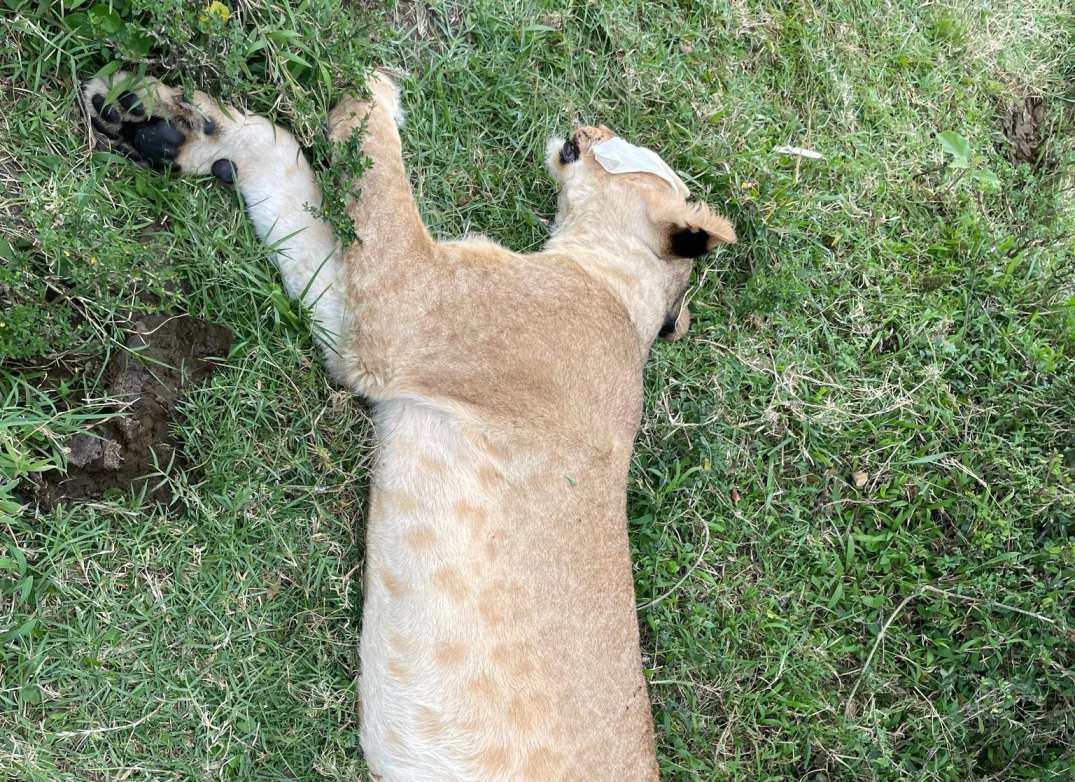Kenya Wildlife Service (KWS) is investigating an incident in which six lions in Oleisukut Conservancy within the Maasai Mara were reportedly poisoned.
In a statement, KWS said its veterinary team responded swiftly, administering emergency treatment, stabilizing the pride, and relocating them to safety.
“Thankfully, all six survived; four have fully recovered while two remain under close monitoring,” it added.
KWS reaffirmed its commitment to conserving and protecting Kenya’s iconic species.
“Investigations into the source of the poisoning are ongoing, with continuous monitoring of the pride in place. We reaffirm our commitment to safeguarding our wildlife heritage for current and future generations,” the agency said.
Wildlife poisoning is a crime in Kenya and is punishable by law, with the Wildlife Act and Prevention of Cruelty to Animals Act outlining severe penalties for offenders.
The Wildlife Act, amended in 2013, specifically criminalized wildlife poisoning, mandating penalties such as a Sh5 million fine or a minimum five-year imprisonment, or both.
However, despite legislation, it remains a serious threat to the long-term survival of wildlife in the country.
According to a 2018 KWS report, several factors contribute to this challenge: poisoning often occurs in remote areas, usually outside protected zones on communal or private land, making it difficult to detect and respond in time.
Many incidents also go unreported compared to other wildlife crimes, such as poaching.
In addition, Kenya lacks a standardized protocol for responding to poisoning cases, and responders often face resource and capacity limitations.
The easy availability and low cost of highly toxic agro-chemicals further exacerbate the problem.
